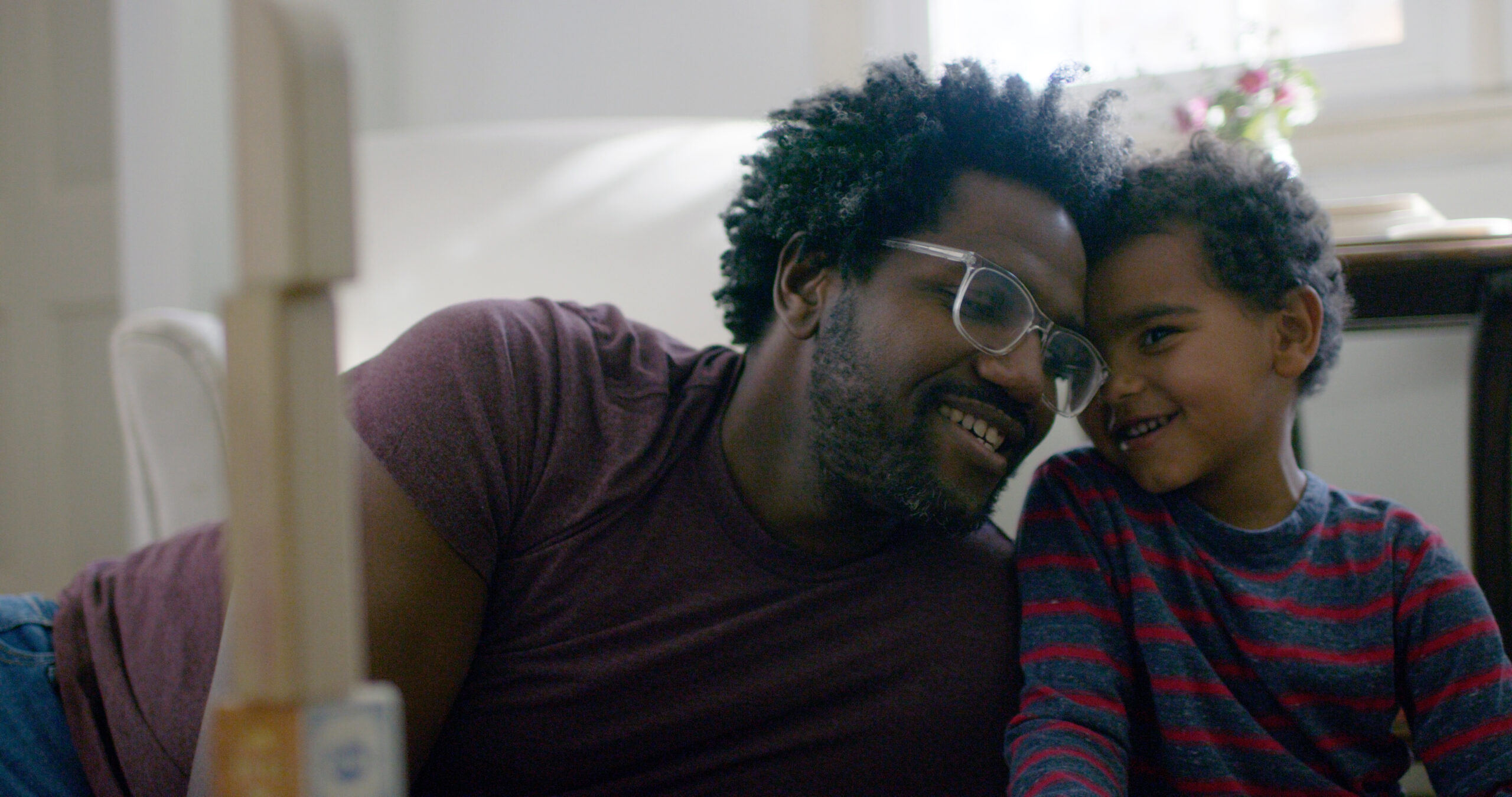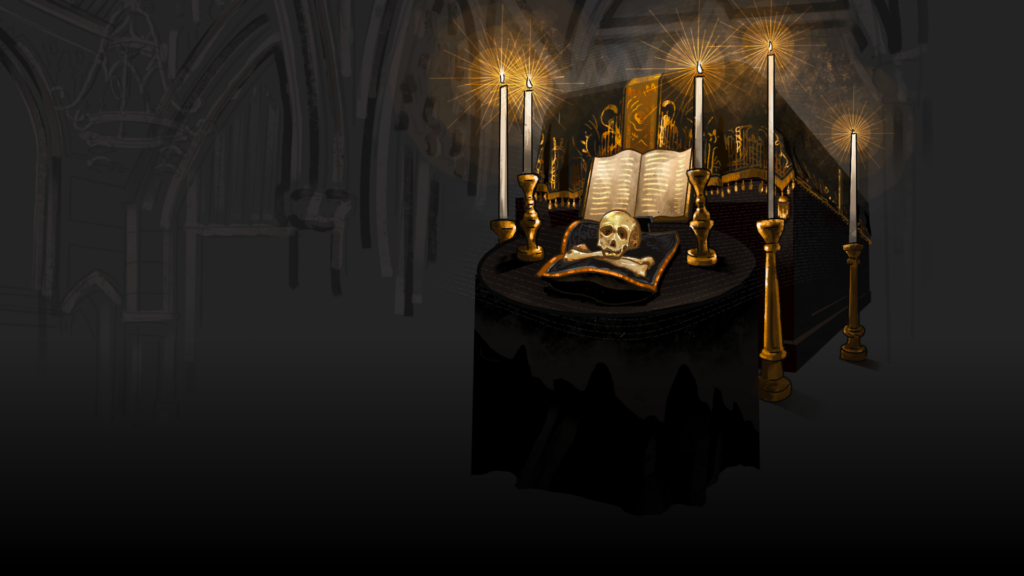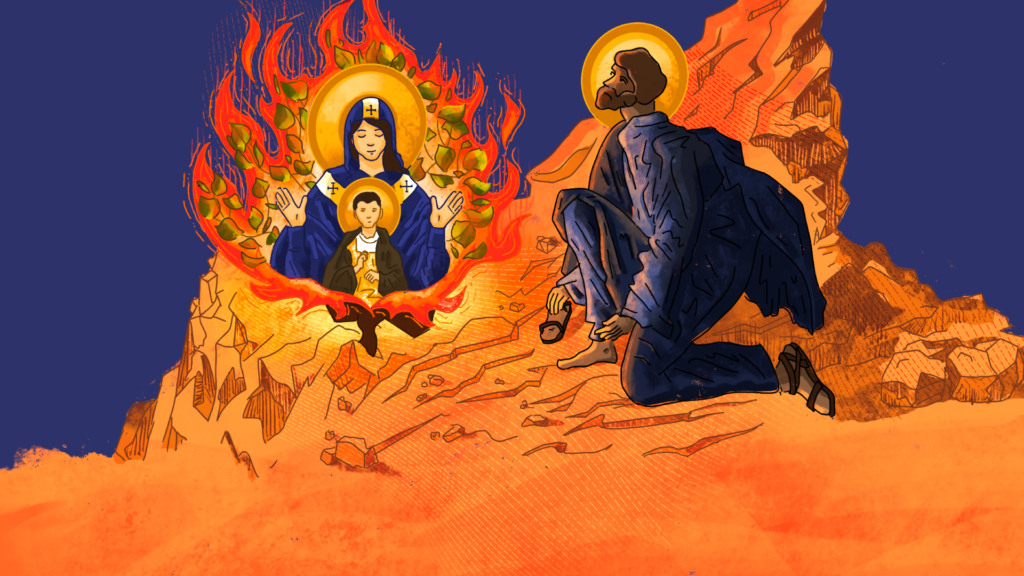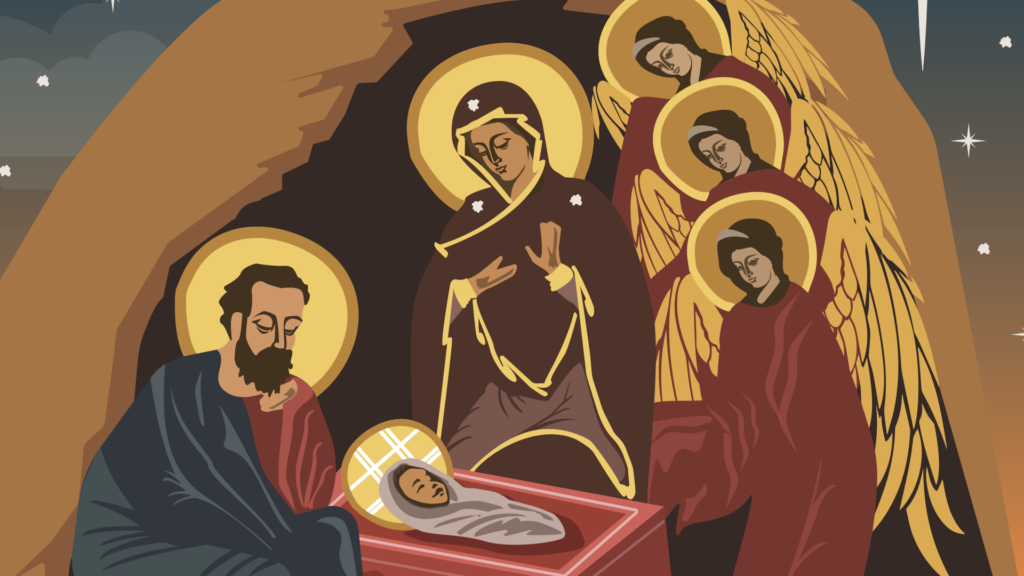We are used to thinking of the spiritual life as giving things up or doing things that are hard. There is truth to that, as we know that fasting and making a holy hour are difficult! We are not used to thinking about the Christian life as celebration: eating, drinking, music, dancing (of the traditional sort), and having fun.
The reason for this is that our secular culture wants us to think of the Church as dreary and negative and something that is only private. Celebration is a public expression of the joy of faith that draws us together to give thanks to God. It is not a “no” to the world but a great “yes” to the gift of creation and salvation.
We see in Acts of the Apostles that as the early Christians were “breaking bread in their homes,” pointing to the Eucharist, they also “partook of food with glad and generous hearts, praising God” (Acts 2:46-47). In speaking of daily celebration of the Mass, the Church began calling each day a feria, Latin for a feast day. The Mass is our celebration par excellence, where we give thanks to the Father in Jesus through the Spirit. Festivity is the Church’s extension of that celebration into culture. Communal celebration is another way of praising God that complements prayer and penance.
We need fasting, however, to prepare us for feasting. We let go of our attachments during penitential seasons so that we can enter festivity with a free heart and without excess. Festivity makes the right use of earthly things as a joyful act of praise but it does not overindulge in them, falling back into domination by material things. There can be no genuine feasting without fasting first, as the two go hand and hand.
We are not accustomed to Christian festivity any longer, with the days of the public feasting of the Middle Ages long gone. Think about how we celebrate Easter today. We find candy in our Easter basket, go to Mass, and have a family dinner, but then everything is back to normal the next day. Easter is the greatest celebration of the Christian year, with an octave of solemnities and a season of fifty days, lasting even longer than Lent! We need to make these days different; we need to make them a big deal and show that by how we celebrate them.
Festivity requires a few things: 1) the right occasion, 2) a community, 3) a feast, and 4) good Christian fun. Festivity is not partying and is meant to express our joy on a holy day by taking time to give thanks and rejoice.
This Easter, the Exodus team has built a new exercise that will provide you the opportunity to take advantage of the entire Easter season (50 days!) as a time of festivity.
We will keep up a schedule of prayer (20 minutes a day) and discipline (cold showers, but only on Fridays), which are a necessary part of the Christian life.
We will also include celebrations in our action items each week. We can rediscover festivity this Easter in a different way: we can choose to feast, or we can choose to binge. Yes, there is a difference.
And once Easter arrives, it’s going to be time to feast different.
Are you looking for a way to enter more deeply into Holy Week this year? Join thousands of men around the world for the final 7 days of Lent and finish Lent strong: Click here to start now!
Dr. Staudt holds a Ph.D. in systematic theology from Ave Maria University and B.A. and M.A. in Catholic Studies from the University of St. Thomas (St. Paul, MN). He serves as Director of Content for Exodus and as Visiting Associate Professor at the Augustine Institute in Denver. He was previously the Associate Superintendent for the Archdiocese of Denver. He has founded a Catholic school and served as a DRE in two parishes and as Director of Catholic Studies at the University of Mary. He is the author of How the Eucharist Can Save Civilization (TAN), Restoring Humanity: Essays on the Evangelization of Culture (Divine Providence Press) and The Beer Option: Brewing a Catholic Culture Yesterday & Today (Angelico Press). His editing experience includes six years as the managing editor of the journal Nova et Vetera and the books Renewing Catholic Schools: How to Regain a Catholic Vision in a Secular Age (Catholic Education Press) and The University and the Church: Don J. Briel’s Essays on Education (Cluny Media).






